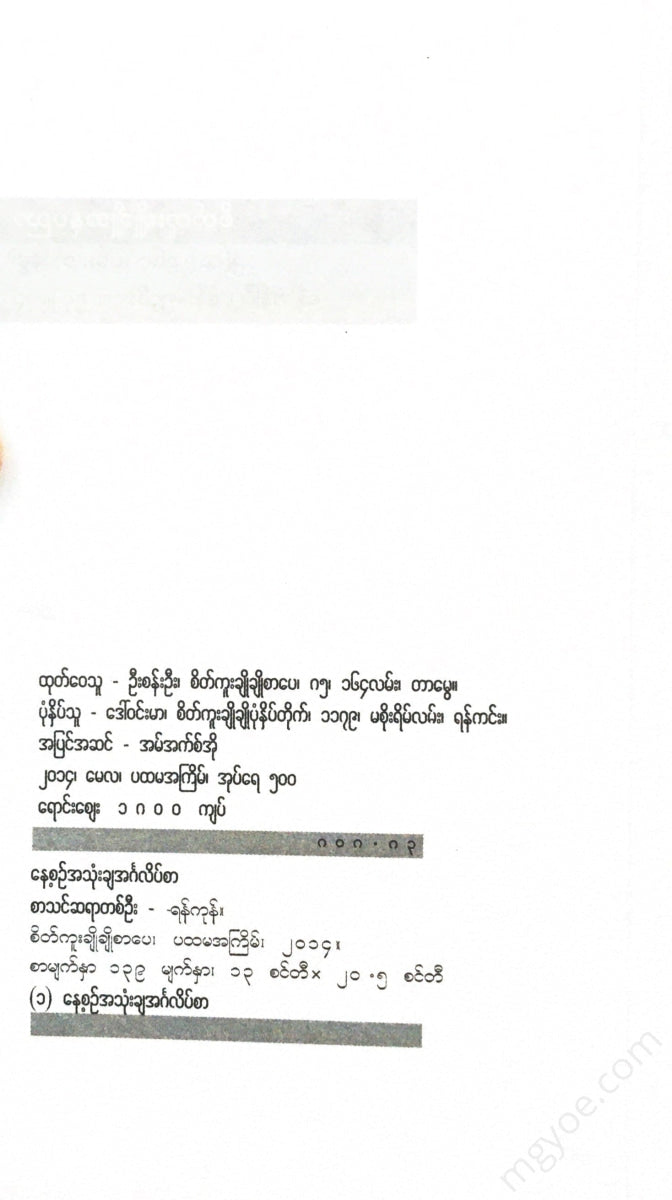စိတ်ကူးချိုချိုစာပေ
A teacher - Everyday English
A teacher - Everyday English
Couldn't load pickup availability
The Nuts and Bolts,
or Parts of Speech
The basics of English grammar
Things to know and tips
Nouns: Naming Words
Nouns: Naming words
The nouns we learned in school are the names that classify and name things, people, places, chemical names, musical ideas, thoughts, emotions...
In a sentence, the Noun usually comes first, followed by a few Verbs.
Nouns can be divided into two main types: Proper nouns and common nouns.
common nouns
It should be noted that Planets are generally common nouns, but Jupiter is a proper noun (a singular noun) that has its own name.
Proper nouns refer to people, places, things, titles, and honors. Proper nouns begin with a capital letter and can stand alone. Proper nouns stand alone when they do not include articles such as 'a', 'an', or 'the'.
Examples of proper nouns are John. Paris. Mrs Jones. Jupiter. If you were to tell someone about your mother, you would simply refer to her as 'My Mother'. Your mother is a common noun, even though she has a different name than most people, but you would use 'My Mother'.
Other notable proper nouns are historical periods and events (The StoneAge), (The First World War), (Hurricane Charlie), and (The South of France).
Proper Plurals
Proper nouns do not always refer to the plural form (plural nouns). If you have three friends named ' E mma ' , you would refer to them as the (three) Emmaa .
When writing with proper nouns , you can say "I saw the Monests in the Louvre , " but you should not talk about the person or their family, but only about their painting and music.
Example Have you read any of the PD James I lent you ? Have you read the book (one of the books) by 'PD James' ? In this sentence, it is referred to as a ' Proper noun' because it is a book by PD. James.
Singular and Plural
More or less
Unlike proper nouns, common nouns can be changed to plural by (usually) adding an "S" to the end of the word.











